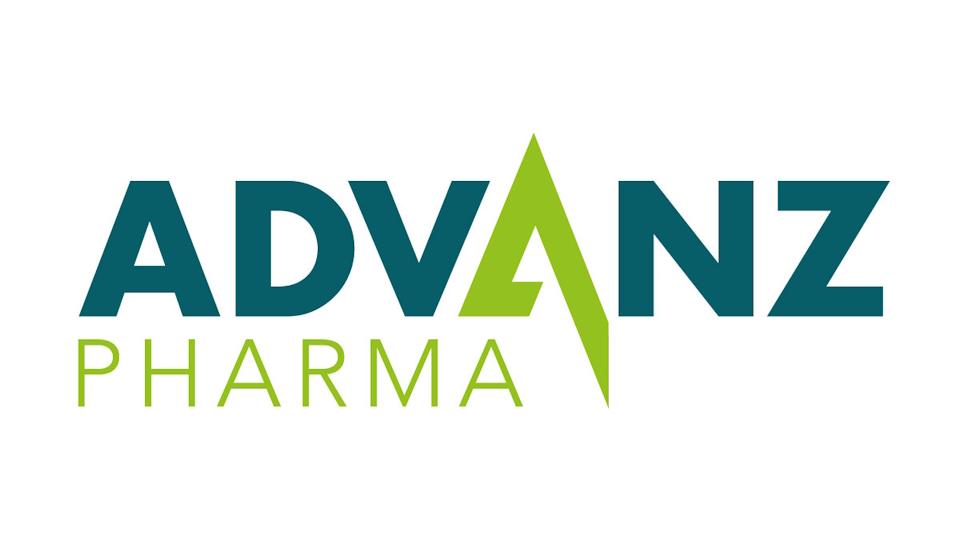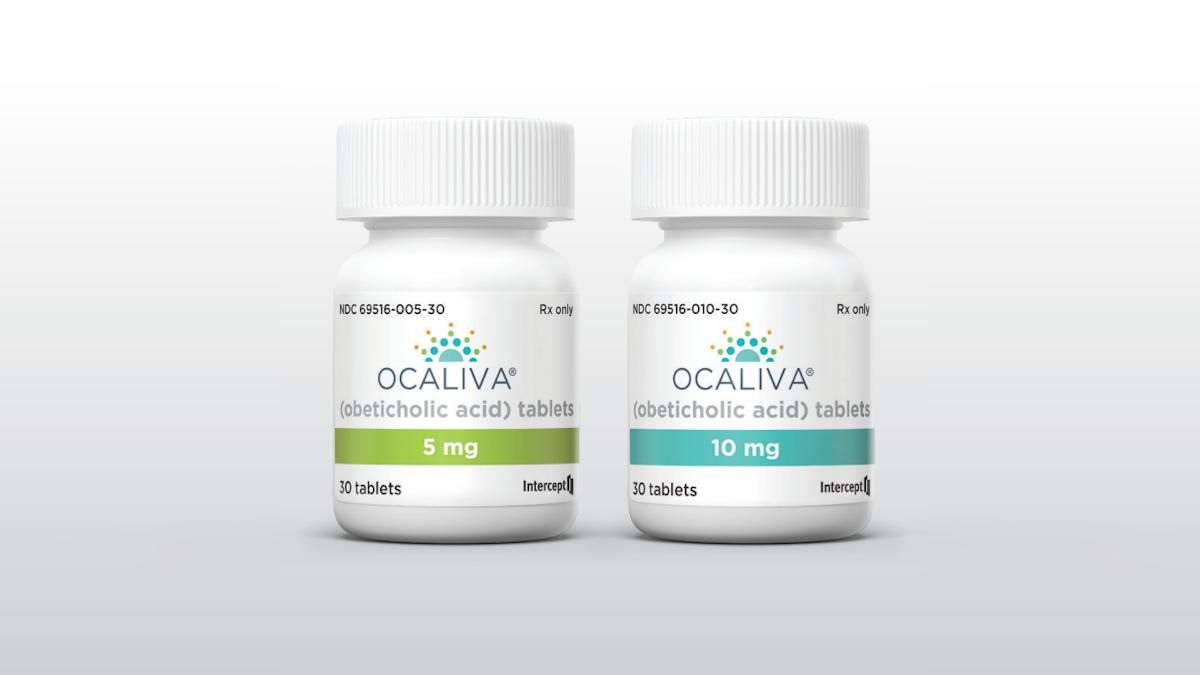Advanz Pharma's bid to keep Ocaliva on EU market fails

The European Commission has followed the advice of its human medicines committee and revoked the conditional marketing authorisation for Advanz Pharma's Ocaliva therapy for primary biliary cholangitis (PBC), leaving patients without a second-line treatment option.
The EU decision, which comes after a concerted effort by the company to keep the drug on the market, comes as an FDA advisory committee is due to decide on the fate of Ocaliva (obeticholic acid) in the US at a meeting scheduled for 13th September. The drug is sold by Alfasigma subsidiary Intercept Pharma in the US, where it has accelerated approval, and has been on the market since 2016.
PBC is a progressive autoimmune disease that results from the destruction of the bile ducts in the liver, causing inflammation, scarring, and cirrhosis, and raising the risk of liver cancer. The disease affects mostly women.
In June, the CHMP concluded a review of Ocaliva and concluded that the benefits of the drug were no longer considered to outweigh its risks. It said the COBALT clinical trial (Study 747-302) and other clinical evidence filed in support of the drug was not strong enough to confirm its conditional approval based on biomarkers (blood levels of alkaline phosphatase and bilirubin).
The FDA's advisory committee is also considering whether to convert Ocaliva's accelerated approval into a full approval, based on the same trial and supporting data.
In a statement, Advanz Pharma said it disagreed with the EC decision, arguing that it leaves thousands of patients with PBC who are responding well to Ocaliva at increased risk of disease progression and with limited treatment options.
The company's chief executive, Steffen Wager, said that Ocaliva is the only FXR agonist for patients with PBC, and until now the only approved and available second-line treatment option in Europe after ursodeoxycholic acid (UDCA).
Advanz maintains, however, that Ocaliva's removal will have "a profoundly negative impact on the lives of the thousands of patients with PBC across Europe who have benefitted from this important treatment over many years" and "puts them at increased risk of disease progression, including serious liver harm, liver transplantation, or death."
Advanz argues that the CHMP focused almost entirely on the COBALT study, and did not take into account several years of real-world evidence (RWE) encompassing more than 47,000 patients years of treatment experience.
COBALT had "multiple limitations," according to Advanz, including that patients in the placebo arm who chose to switch to commercially available therapy were still required to be considered as placebo-treated patients in statistical analyses.
The company has said it may be able to continue to supply Ocaliva to patients on a compassionate-use basis and will "consider all available potential routes to maintain availability of this important treatment option."
More options on the way
The situation Advanz and Intercept must face, however, is that additional options are starting to become available for second-line treatment of PBC, giving the companies less leverage for the argument that patients will be left with no treatment options.
In the last few weeks, the FDA has granted accelerated approval to two drugs – Ipsen's Iqirvo (elafibranor) and Gilead Sciences' Livdelzi (seladelpar) – and Ipsen's drug was also recommended for conditional approval in the EU by the CHMP in July. EU rights to seladelpar are held by CymaBay Therapeutics, which filed it for approval with the EMA in March.












